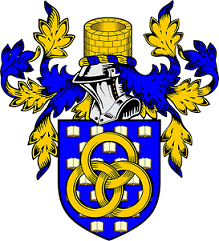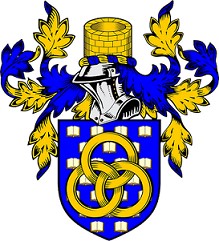Thoughts are transmitted from one individual to another through words.
What if the word in one language doesn’t have the same image or does not exist in another? Then the individual receiving must attempt to capture the images that are given by the existing words on the same or similar subject in their own experiences and familiarity to be able to grasp the image of that unknown word.
This is the challenge of biblical research. A simple example would be the Inuit of the Arctic who have hundreds of words for and relating to snow but have no word for highway, freeway, boulevard, avenue, overpass, curb, crosswalk, traffic light, main street, air conditioning, refrigerator, elevator, traffic jam etc.
Do you see the challenge?
The people to whom the Bible was written, in the time of Jesus lived more than 2000 years ago. How life, as it was lived then, has very little resemblance to how we live now. The words as they were translated were done using the translators own personal experiences and knowledge. Why were they not able to translate the words exactly? Because there was NO CORRESPONDING WORD IN THE TRANSLATORS LANGUAGE!
The journey begins by NOT translating the words but by leaving the words in the language and working out the words meaning by examining every usage in the context of the scrolls and codices as well as secular writings of the same area, time frame and archaeological discoveries.
Is there a difference? YES!
Is it exciting? YES!
Then join us on this quest of discovery and learn the more accurate meaning of ” The truth shall make you free”
R. Frank Tulak
Chair on the Board of Directors of IBROS, Bishop by apostolic succession and merit.

